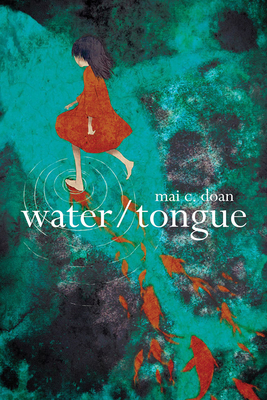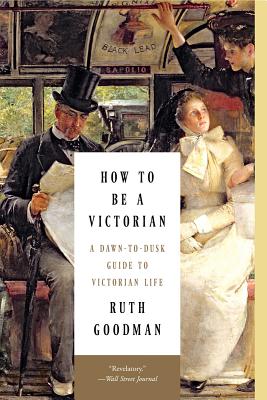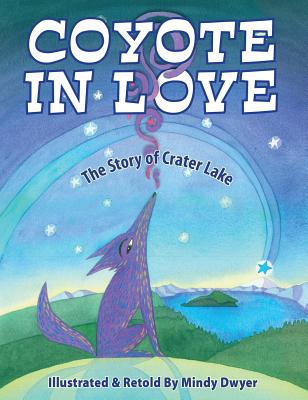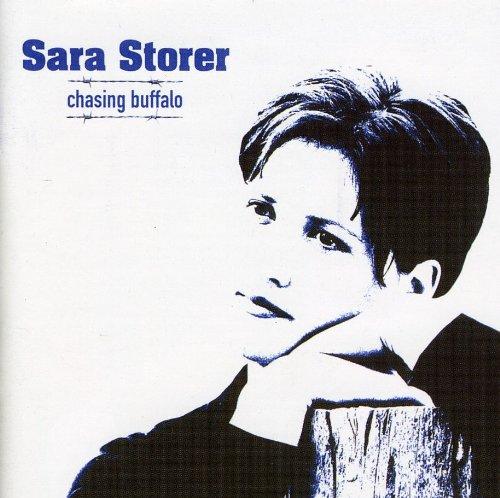
description
7Grappling with the shock of her grandmother's suicide, mai c. doan undertook a writing project that might give voice to her loss as well as to grapple with memory, and the challenge of articulation and of documentation, in all of their contradictions and (im)possibilities. In the poems that comprise water/tongue, doan conjures visceral and intuitive elements of experience to articulate the gendered and intergenerational effects of violence, colonialism, and American empire. Breaking the silence surrounding these experiences, doan conjures a host of voices dispersed across time and space to better understand the pain that haunted her family--made tragically manifest in her grandmother's death. Looking not only to elements of Vietnamese history and culture, but to the experience of migration and racism in the United States, this book charts a path for both understanding and resistance. Indeed, doan does not merely wish to unearth the past, but also to change the future. If we want to do so, she shows, we must commune with the voices of sufferers both past and present. doan demonstrates how even the form of a work of poetry can act as a subversion of what a reader expects from the motion of the act of reading a line of type or a page of text. doan disarms and unsettles the ways a reader is led to levels of comprehension, and thus disrupts what "comprehension" might mean, as the reader follows the flow of a work, providing an opportunity to sense, and to confront hierarchies that structure ordinary reading and writing. doan brings a reader to conscious appraisal of the hierarchies that affect us, and how these hierarchies can constrain our insights and our mobility. water/tongue is a critical read for anyone interested in the long effects of gendered and cultural violence, and the power of speech to forge new and empowering directions.
member goods
No member items were found under this heading.
Return Policy
All sales are final
Shipping
No special shipping considerations available.
Shipping fees determined at checkout.







